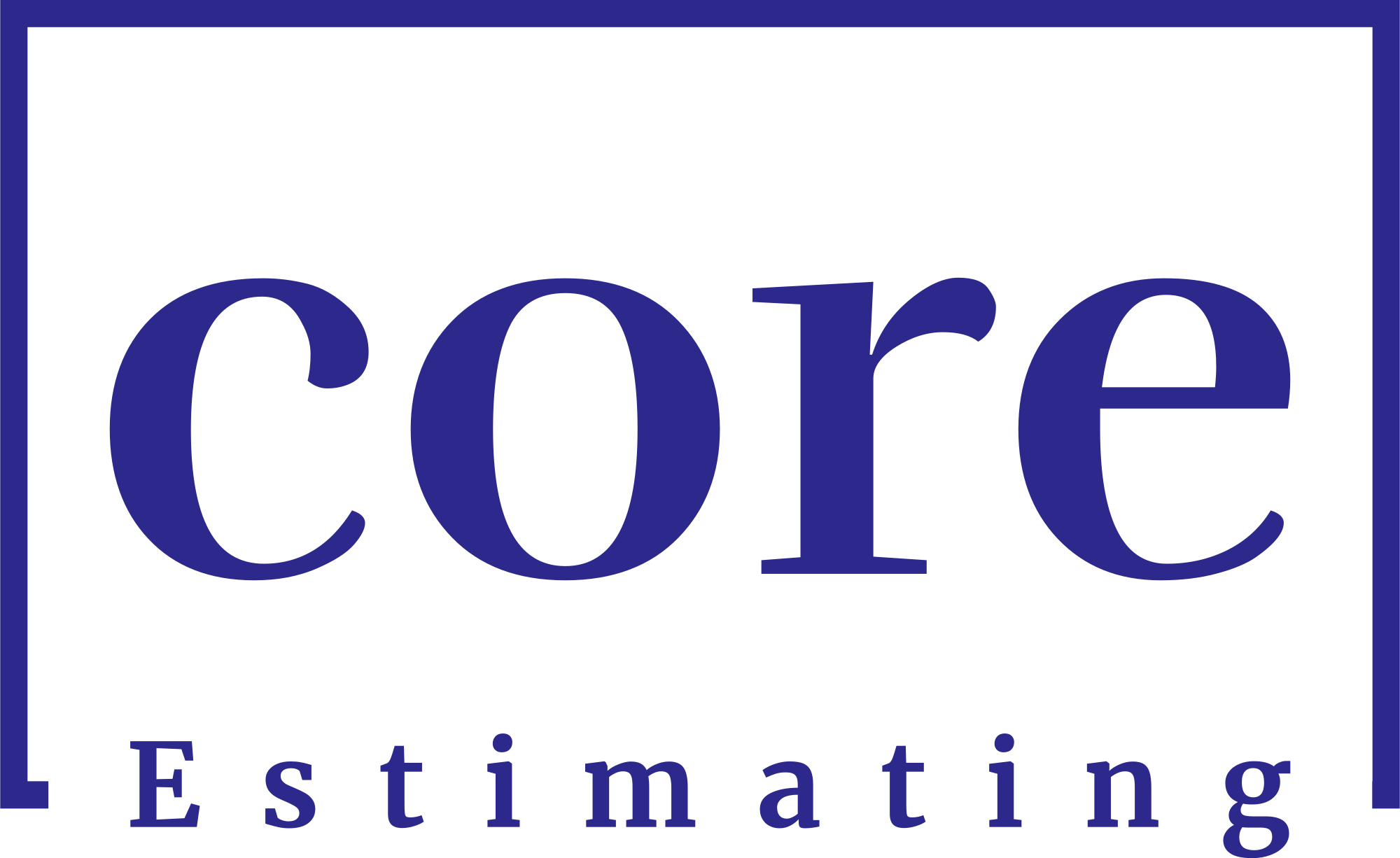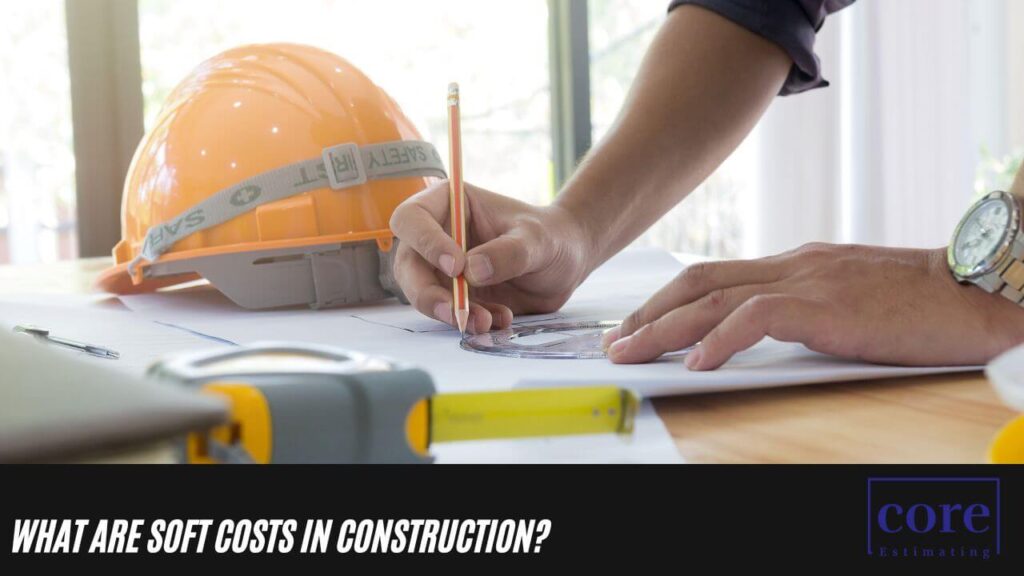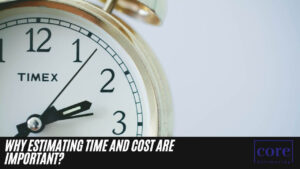When embarking on a construction project, accurately estimating costs is crucial for staying within budget and ensuring profitability. Builders and remodelers categorize construction costs into two main types: hard costs and soft costs. Let’s delve into the details of each category to understand their significance in project budgeting.
What are Soft Costs in Construction?
Soft costs in construction encompass expenses beyond direct material and labor costs. These costs, often intangible, contribute significantly to the overall project budget. They are incurred throughout various phases of the project, including conceptualization, pre-construction, and post-construction stages.
Examples of soft costs include fees for design services, permits, surveys, rentals, insurance, project management, marketing, post-construction expenses, security, legal fees, and more. While these costs may not involve physical construction, they are essential for the successful completion of the project and should be accounted for in budget planning.
If you’re in need of construction estimate services, simply go to homepage or follow the links below:
| Services | Links |
|---|---|
| Detailing Services | Link |
| Building Information Modeling | Link |
| General Contractor | Link |
| Subcontractors | Link |
| MEP | Link |
Estimating Construction Project Costs
The process of estimating construction project costs begins with a meticulous review of project documents to determine the scope of work involved. It’s imperative to adhere to the allocated construction budget. Understanding the distinction between soft costs and hard costs is vital in this regard.
Construction Hard Costs
Hard costs, also known as brick and mortar costs, encompass direct construction expenses incurred during the building process. These expenses pertain to materials, equipment, labor, and other necessities essential for construction. Examples of hard costs include lumber, steel, plumbing, electrical, and masonry expenses. Hard costs primarily occur during the active construction phase, emphasizing the importance of adhering to project timelines to control labor expenses.
Construction Soft Costs
Soft costs encompass all non-construction-related expenses associated with a construction project. These expenses typically involve intangible items such as services, fees, and insurance. Soft costs are incurred throughout various project stages, from pre-planning to post-occupancy and beyond.
Examples of Soft Costs
Soft costs vary depending on the project’s nature and scope. Examples of soft costs include:
- Design: Architectural and engineering fees for design services.
- Permits and Surveys: Expenses related to building permits, plan reviews, and property surveys.
- Rentals: Costs associated with equipment and office space rentals on the job site.
- Financial and Insurance: Expenses for insurance coverage, bonds, and accounting services.
- Project Management: Costs for project management services, including computer data equipment.
- Marketing: Expenses for advertising and recruitment efforts.
- Post-Construction: Expenses related to building maintenance, tenant changes, and post-occupancy needs.
- Security and Safety Staff: Hiring security personnel and safety consultants to ensure a safe working environment.
- Construction Loan Commitment Fees: Fees associated with construction loans, including interest and transaction fees.
- Legal Fees: Expenses incurred for legal services related to the project.
The Difference: Soft Costs vs. Hard Costs
In project management, there are two distinct categories of costs: hard costs and soft costs. Understanding the disparity between these two types of costs is essential for effective budgeting and project management.
Hard Costs:
Hard costs, also known as brick-and-mortar costs, encompass the tangible and physical expenses directly associated with a project. These costs typically include materials, labor, and equipment. Hard costs are straightforward to identify and quantify, making them the initial focus when drafting a project budget.
Soft Costs:
On the other hand, soft costs are intangible and non-physical expenses that are equally crucial for project completion. These costs, while not immediately visible, play a significant role in ensuring the success of the project. Examples of soft costs include permits, design fees, professional liability insurance, engineering fees, legal fees, and taxes. Additionally, post-construction soft costs, such as health and safety checks, may also be incurred.
Challenges in Estimation:
While hard costs are relatively easy to quantify due to their tangible nature, estimating soft costs can be more challenging. Soft costs are often nuanced and may involve various factors that are difficult to predict accurately. Despite this complexity, soft costs can constitute a substantial portion of the total project expenses. Therefore, it is imperative for project managers to carefully consider both hard and soft costs when developing a comprehensive construction budget.
Incorporating Soft Costs into Project Budgets
When developing project estimates, it’s essential to include both hard costs and soft costs. Soft costs typically constitute a significant portion up to 25-50% of the total project budget. Early quantification of soft costs enables accurate calculation of the project’s return on investment and ensures comprehensive budgeting for all project expenses.






